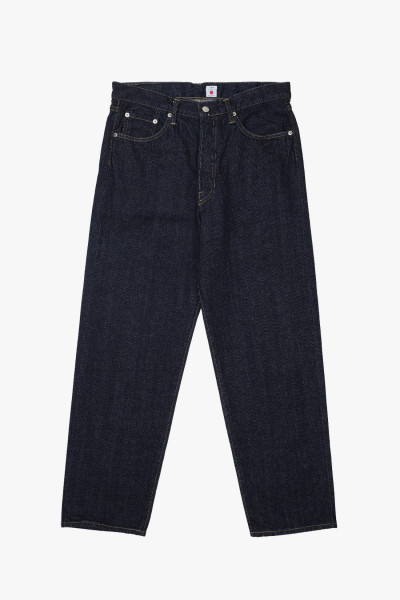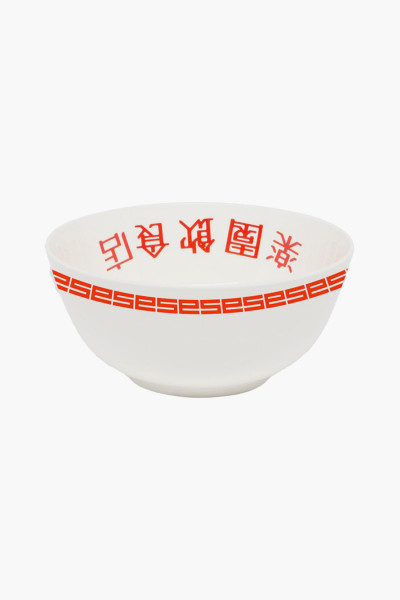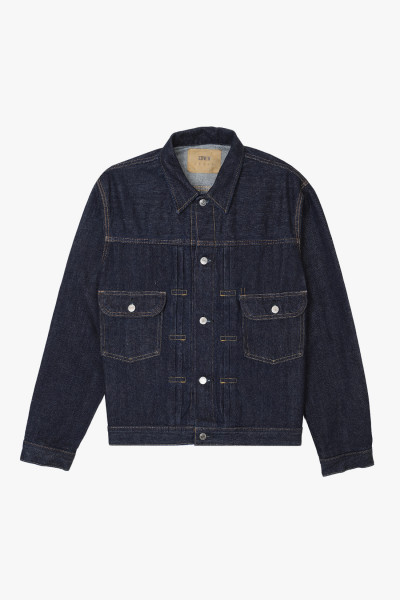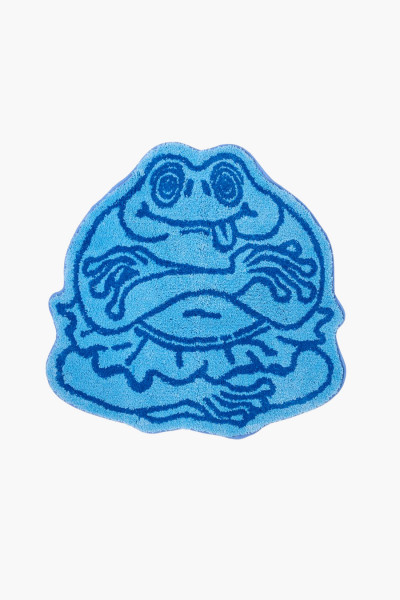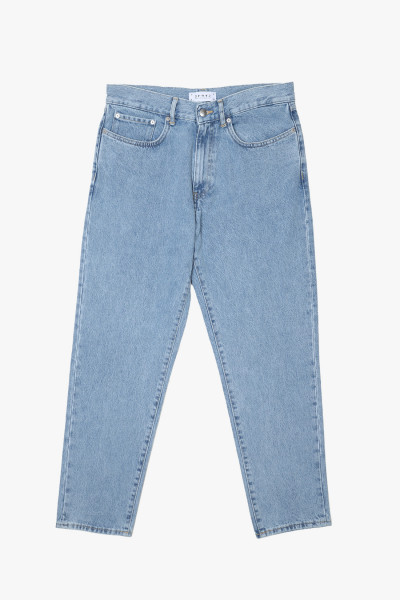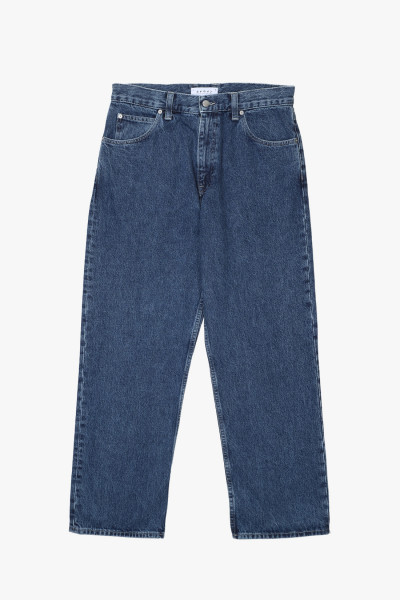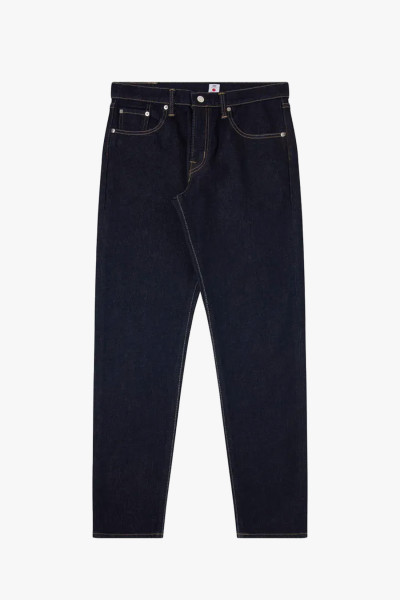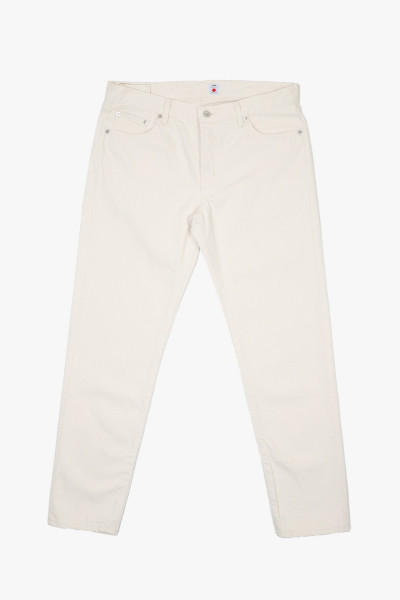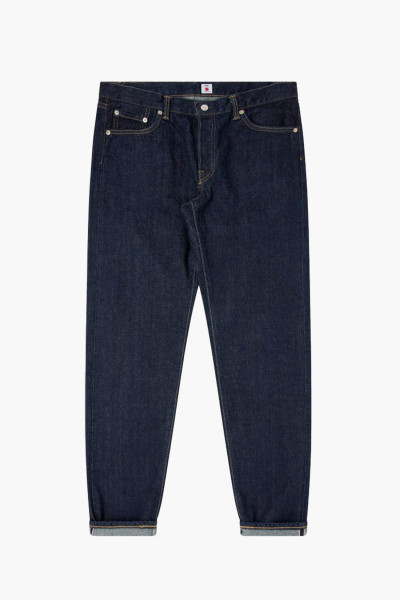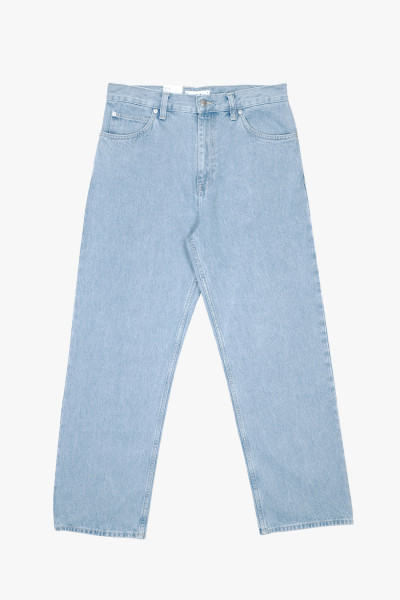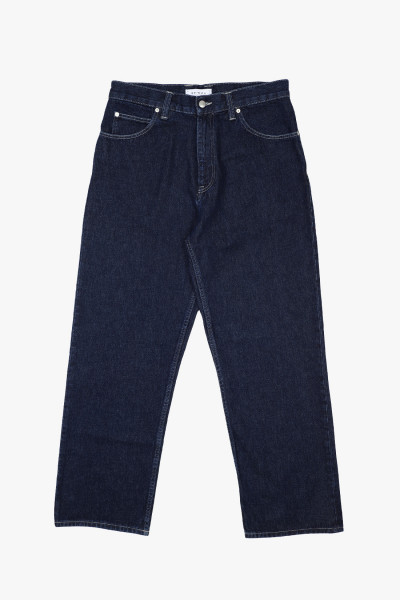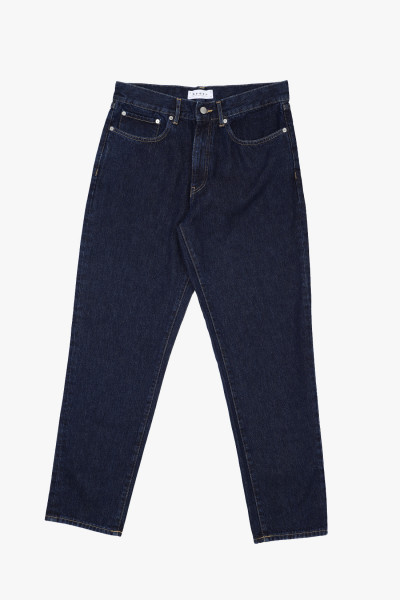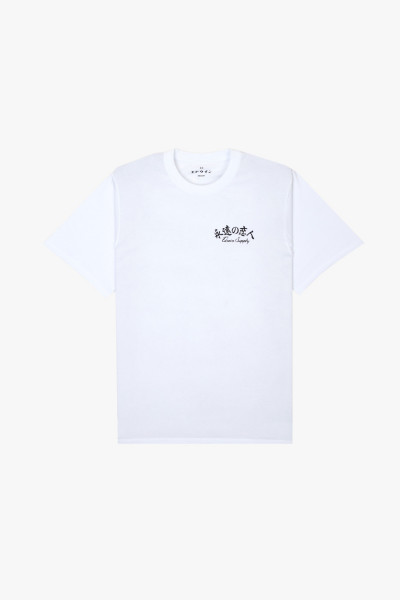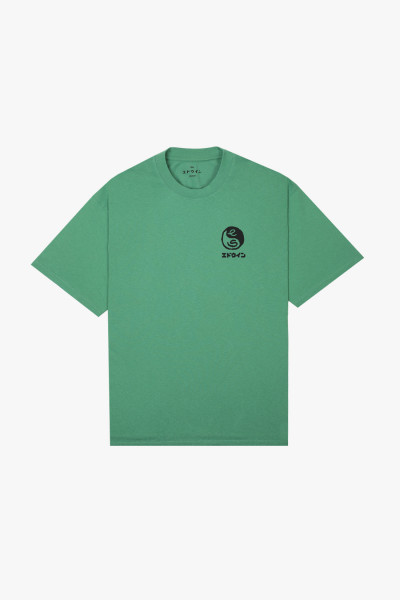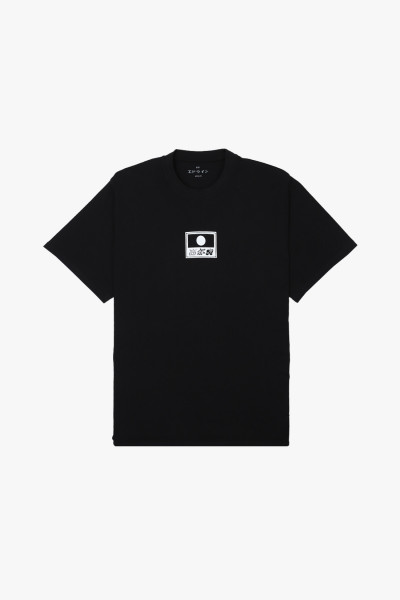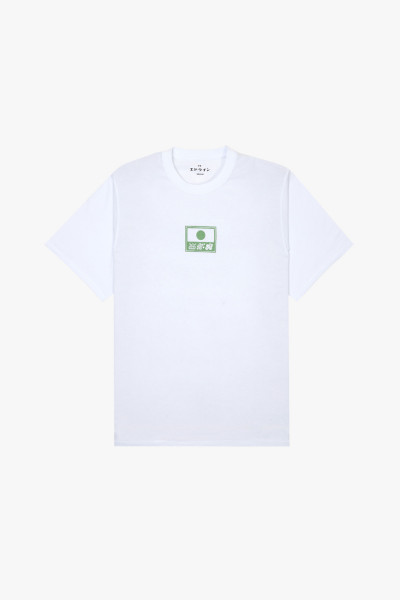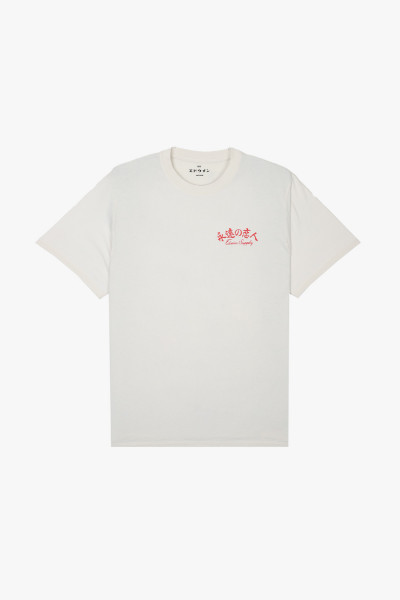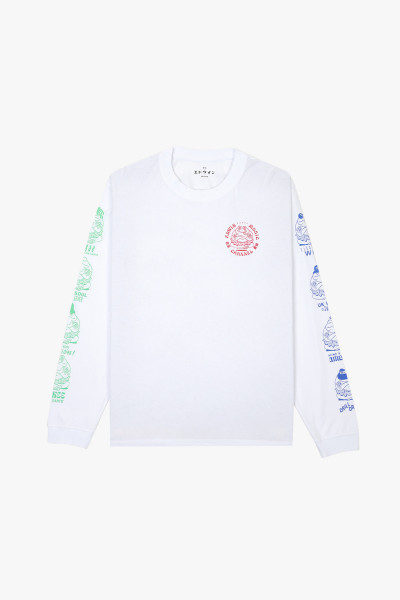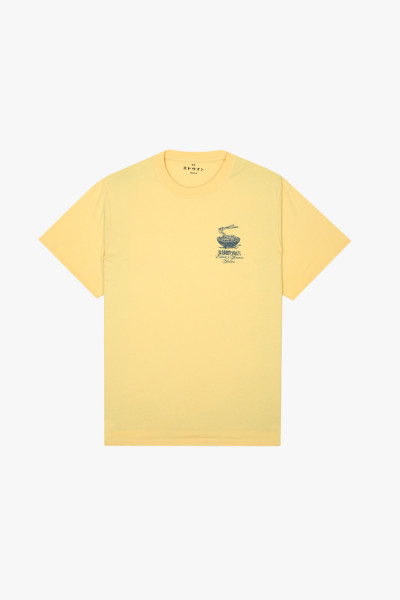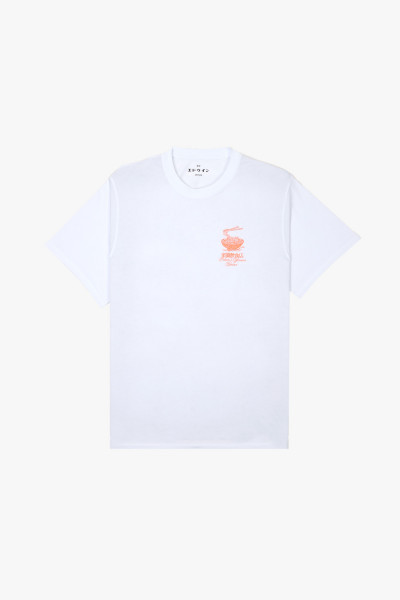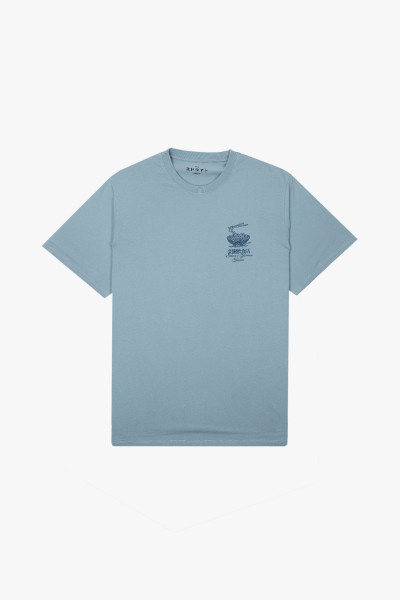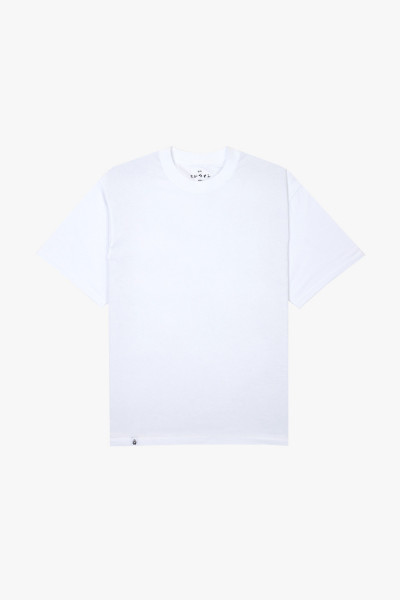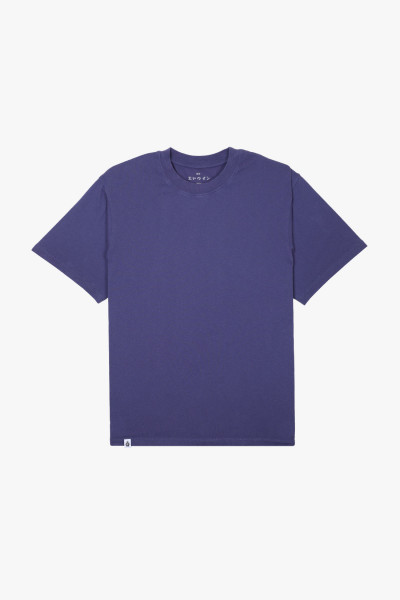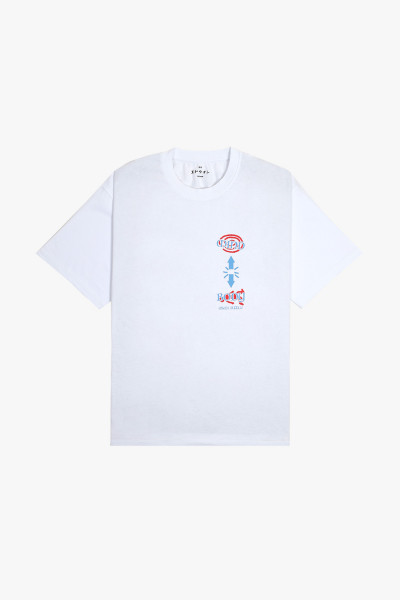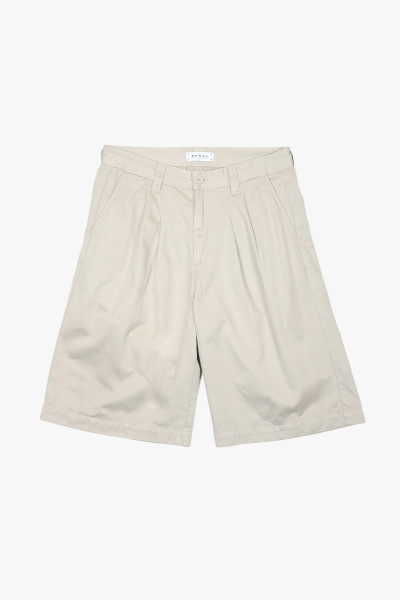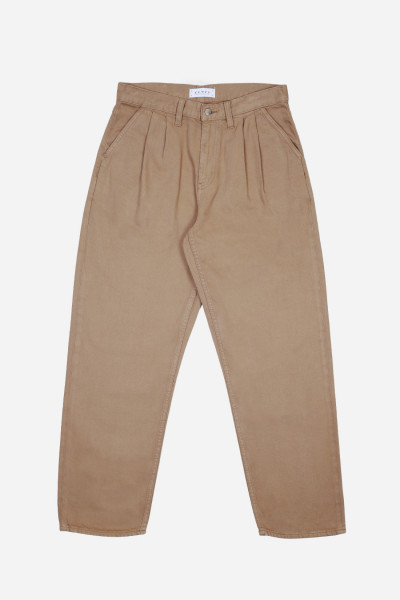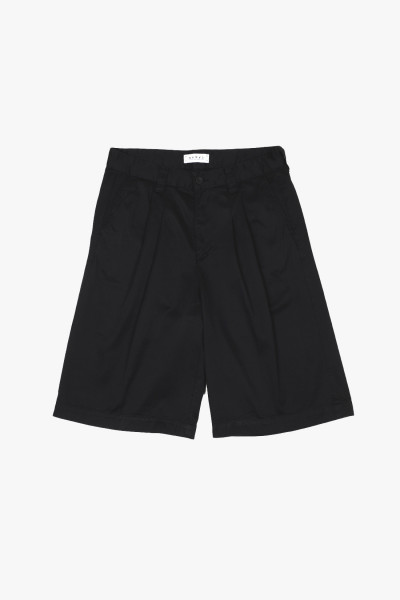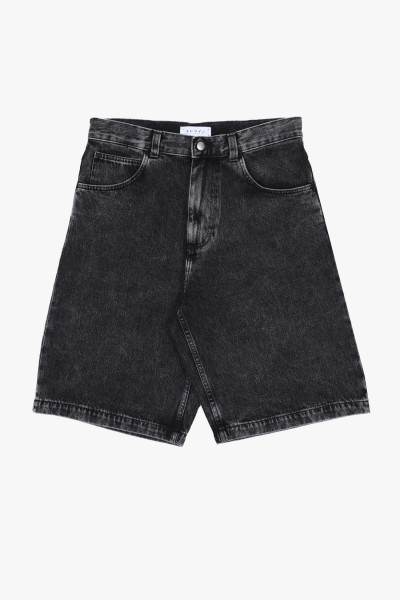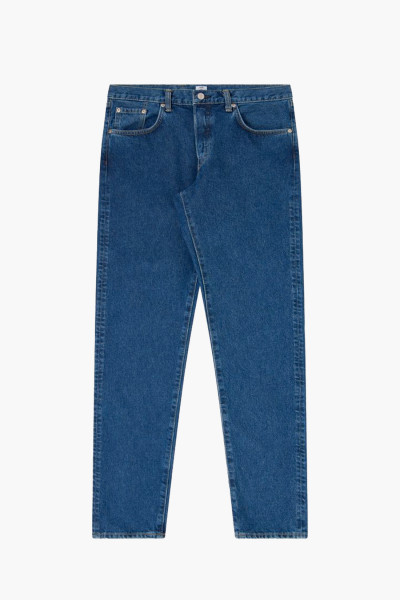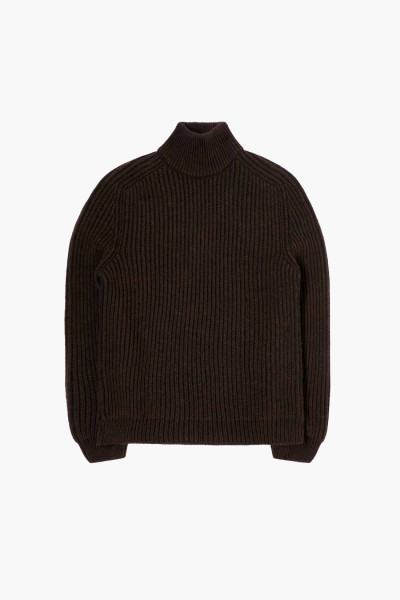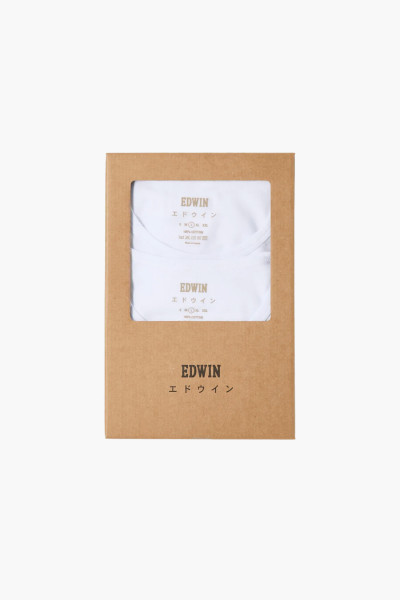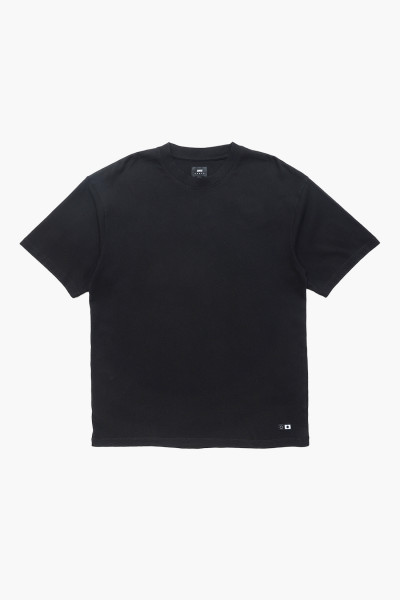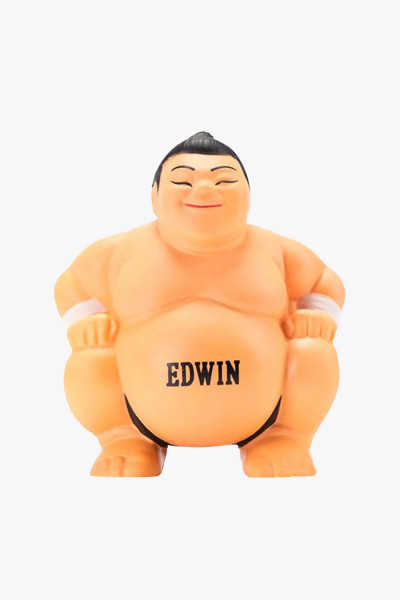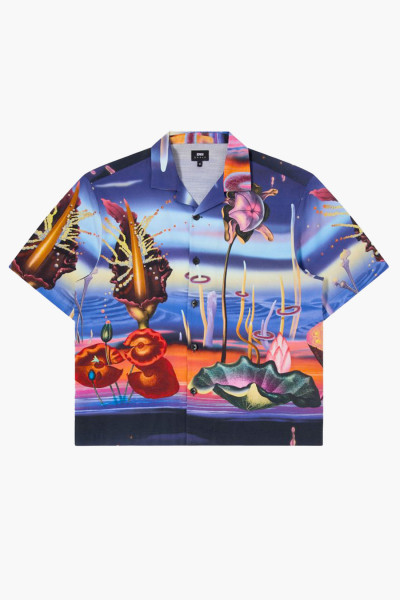EDWIN
-
Category
The origins of the Japanese brand Edwin date back to 1947. In that post-war era, Mr. Tsunemi imported used jeans from the United States, which he washed, repaired and sold second-hand. In 1951, after obtaining traditional looms, the company produced its first Japanese canvas jeans, as well as the world's heaviest ringspun denim (16 oz). The famous rainbow selvedge, still used today as a logo, is already present. The first jeans will see the day in 1961. And it is by playing with the letters of DENIM, and by inverting the M which becomes a W that Tsumeni baptizes his brand EDWIN.
Over the course of time, he will continually bring innovation to the forefront. In doing so, he placed his label as a synonym for authenticity, craftsmanship, and as a precursor to the quality standard of jeans from Japan. It was at this point that we began to see several stores open, the machine was set up. The label now does its own weaving and washing, with its own looms. A true product made in Japan.
What we also owe him is the development of the stone wash, which saw the light of day in the 1980s. This innovation allowed Edwin jeans to directly echo old eras, when Mr.Tsumeni salvaged old second-hand jeans. This technique brought an authentic "already worn" effect to the jeans. This offers a unique color to the product, showcasing Japanese denim and their exemplary workmanship, proof of the success Edwin has today.
The Edwin FW21 Jeans And Clothing
So for this new FW21 men's season, Edwin unveils several graphic styles for its blue jeans and clothing. On the one hand, the Japanese label offers minimalist sweatshirts and tees with the sunset on Mount Fuji logo, a nod to the Japanese volcano. In addition, the firm has made a range of tee shirts with prints or embroidery taking up the traditions and history of the Japanese archipelago in particular with the Souvenir from Japan tee shirt or with the Fuji scenery, Tarot deck or Shinobi.
Concerning the jeans, Edwin offers us for the season the minimalist and tapered Zakai. But also the regular tapered Nihon Menpu, a beautiful blue jean slightly wash made in Japan.
On the other hand, the brand exploits the techwear through its clothes made of different fabrics. As a must-have material, we will find a thick cotton canvas, but especially ripstop. A cotton fabric inspired by military textiles very resistant and technical. A proof that the brand pays attention to the good development of new clothes and manufacturing processes. Indeed, the jungle pants, squad shorts and buckets hat offer this assertive style that brings the ripstop material. And it is one of the trends of contemporary Japanese clothing style. But let's not forget the worldwide success of their jeans, which are very well known for their robustness, their perfect size and cut and their Edwin qualities. Finally, for a little touch of lightness, the brand has concocted shirts with traditional prints, always with an impeccable weave. All our jeans and Edwin clothes are to be found available in our stores, in multiple sizes and cuts (regular, tapered, slim...).
Edwin, The Dream Of Japanese Denim
Known for decades for the robustness of its 16oz regular denim, the label has given its credentials to today's jeans, but is also a pioneer that has reinvented and innovated in fashion.
The Japan based brand began by repairing jeans, then imported them directly from the United States to sell them in Japan. It has been able to innovate the ways of weaving, washing and overall producing all types of jeans (tapered, regular, wash, rinsed, loose, slim, overdyed, straight blue, black, white...). For more information, see our full article Edwin, the dream of Japanese denim. Straight cut, skinny, slim, loose, high waist, low waist, incredible color (blue unwashed, black, white...), the collection remains a reference. The range has always remained timeless and faithful to the era and history of Mr. Tsunemi.

